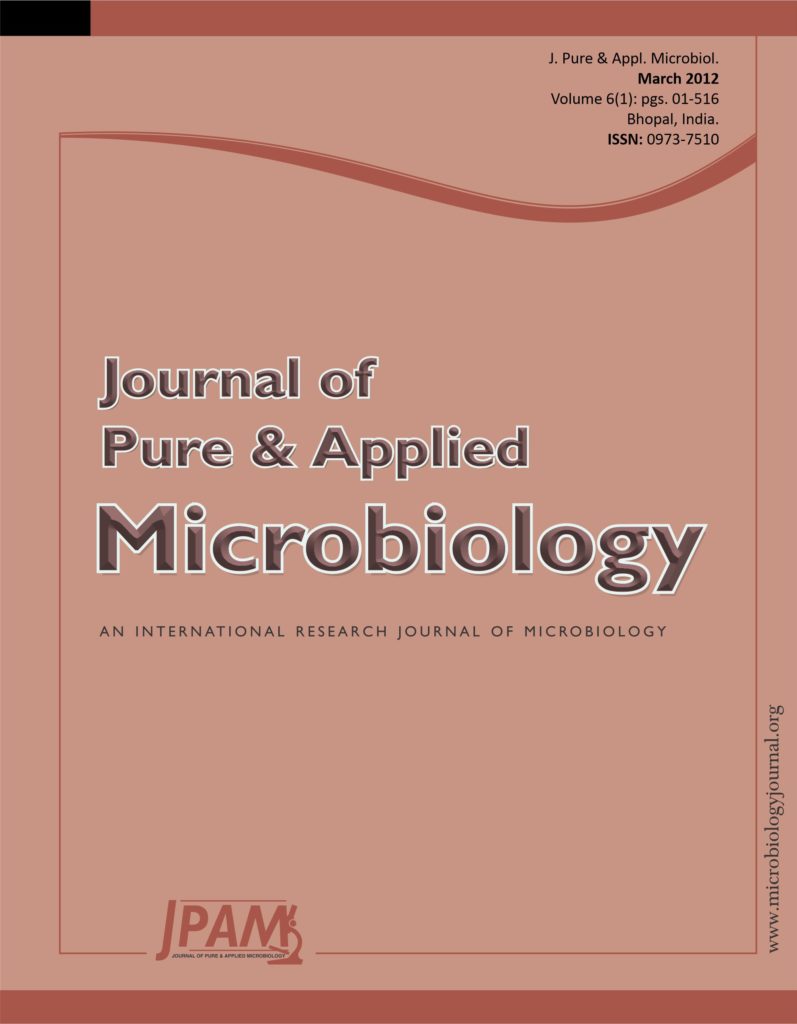Hepatitis C virus(HCV) infection is an emerging world wide public health problem. The predominant transmission route of HCV in children is changing with the mother-to-infant transmission type surpassing that through the transfusion of infected blood / blood products. The rate of mother- to- infant HCV transmission is critical to predicting the burden of HCV infection in future generations. The present study aim to determine the prevalence of HCV in pregnant women in Davangere by antibody detection. Blood samples were taken from 100 pregnant women in the age group 15 to 35 years attending a tertiary care hospital, during the period 2006 to 2007. Detection of antibody to HCV(anti-HCV) in the blood samples was carried out by the Immunochromatographic test and Enzyme Linked ImmunoSorbent Assay(ELISA). Out of 100 pregnant women tested, 4 pregnant women showed to be positive for anti HCVs – 2 each in the age groups 15-25 years (yrs) and 26-35 yrs, which is 3.51% and4.65% respectively. Universal screening for HCV in pregnancy is not justified and that selective screening of high risk categories for HCV infection in pregnancy is rational. Future long term studies are needed to explore the mechanisms of vertical transmission of HCV for implementing manipulative procedures that could influence disease outcome both in the infected mother and the child.
Hepatitis C virus, pregnant women, screening, immunochromatography, ELISA, Davangere
© The Author(s) 2012. Open Access. This article is distributed under the terms of the Creative Commons Attribution 4.0 International License which permits unrestricted use, sharing, distribution, and reproduction in any medium, provided you give appropriate credit to the original author(s) and the source, provide a link to the Creative Commons license, and indicate if changes were made.


